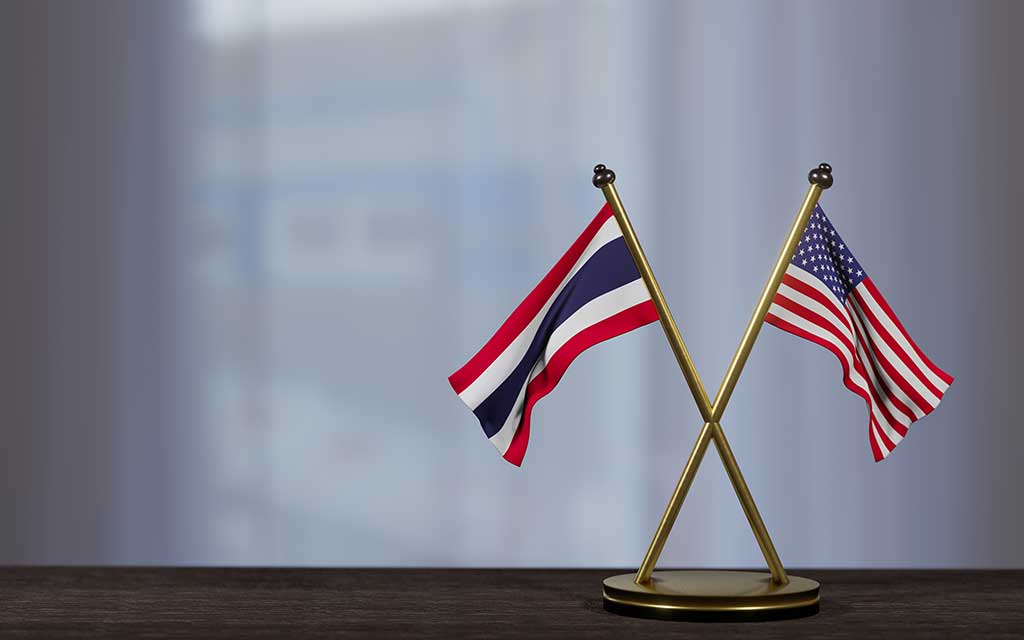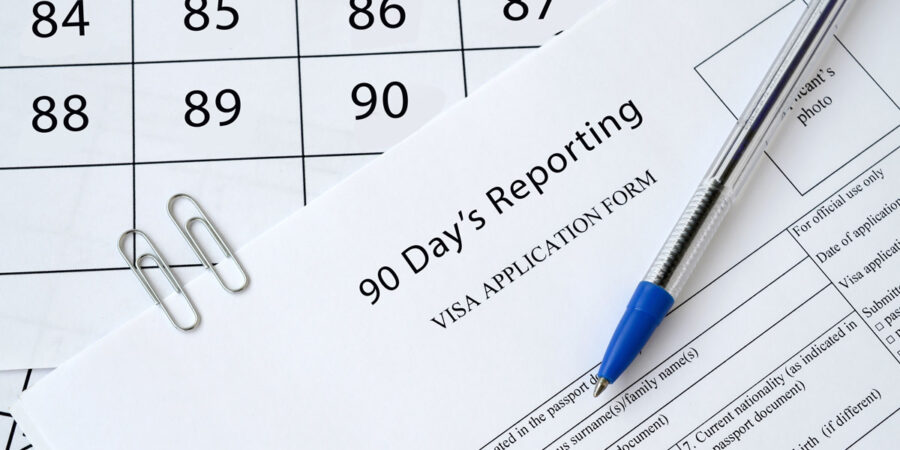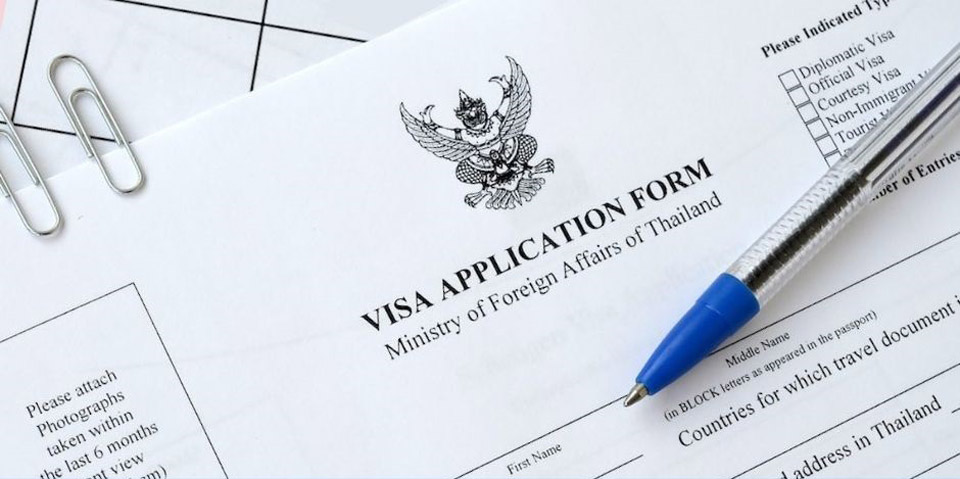Business Visa in Thailand

Business Visa in Thailand. For entrepreneurs and business professionals, Thailand beckons with its dynamic economy and strategic location in Southeast Asia. If you’re planning a business venture in the Land of Smiles, securing the appropriate visa is crucial. Here’s a comprehensive guide to navigating Thailand’s Business Visa: Who Needs a Business Visa? A Thailand Business […]
Last Will and Testament in Thailand

Last Will and Testament in Thailand. Expats and foreigners residing in Thailand often accumulate assets like property, vehicles, and bank accounts. While you might not enjoy contemplating your mortality, creating a Last Will and Testament in Thailand ensures your wishes are known regarding the distribution of your estate after your passing. This prevents unnecessary stress […]
US-Thailand Treaty of Amity

US-Thailand Treaty of Amity. The United States and Thailand have enjoyed a long and multifaceted relationship. A key pillar of this partnership is the Treaty of Amity and Economic Relations, also known as the US-Thailand Treaty of Amity, signed in 1966. This agreement offers unique advantages to American businesses operating in Thailand. A Legacy of […]
The New Thailand Elite Visa

The Thailand Elite Visa, now officially known as the Thailand Privilege Visa, offers an exceptional opportunity for foreigners seeking long-term residence in Thailand. This program, revamped and improved, provides various membership options tailored to different lifestyles and needs. This article will delve into the details of the Thailand Privilege Visa, covering the types of memberships […]
Mergers & Acquisitions in Thailand

Mergers & Acquisitions in Thailand. Mergers and acquisitions (M&A) are significant strategies for business expansion and market penetration in Thailand. The country’s dynamic economy, strategic location, and favorable investment policies make it an attractive destination for foreign investors. This guide provides an overview of the M&A landscape in Thailand, outlining key considerations and processes for […]
90-Day Reporting in Thailand

90-Day Reporting in Thailand. Thailand, a land renowned for its vibrant culture, stunning beaches, and friendly locals, attracts a diverse range of visitors. But for those planning a stay exceeding 90 days, a crucial regulation comes into play: 90-day reporting. Who Needs to Report? This requirement applies to all foreign nationals residing in Thailand for […]
Retirement Visa in Thailand

Retirement Visa in Thailand. Many expats are drawn to Thailand for retirement because of its rich culture, mild environment, and low cost of living. For anyone considering retiring in the Land of Smiles, understanding the retirement visa procedure is critical to ensuring a seamless transfer and happy retirement experience. The retirement visa, officially known as […]
Title Search in Thailand

Title Search in Thailand. Real estate investment is a significant endeavor, and validating property ownership legitimacy is vital. In Thailand, conducting a thorough title search is an essential part of the real estate transaction process. This article explores the significance of title searches in Thailand, the legal structure related to property titles, and the procedure […]
Marriage Visa in Thailand

Marriage Visa in Thailand. For couples seeking to build a life together in Thailand, the Marriage Visa, formally known as the Thai “O” Visa, offers a legal pathway to residency for foreign spouses. This visa allows foreign spouses to join their Thai partners and establish a life together in the Land of Smiles. This article […]
Thailand Long-term Resident Visa

Thailand Long-term Resident Visa. Thailand, with its rich cultural tapestry and breathtaking landscapes, has long captivated the hearts of travelers and expatriates alike. For those seeking a more permanent connection to the Land of Smiles, the Thailand Long-term Resident Visa is a significant milestone. This article provides an in-depth exploration of the Long-term Resident Visa […]
